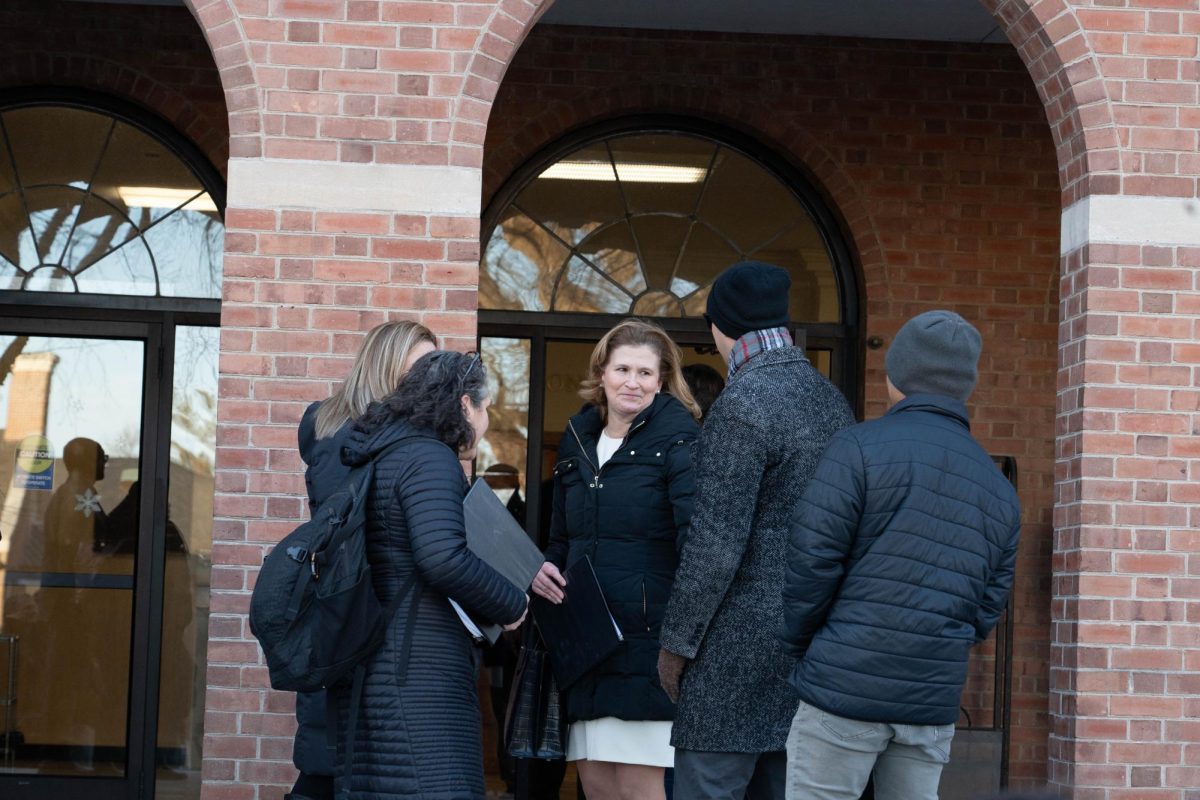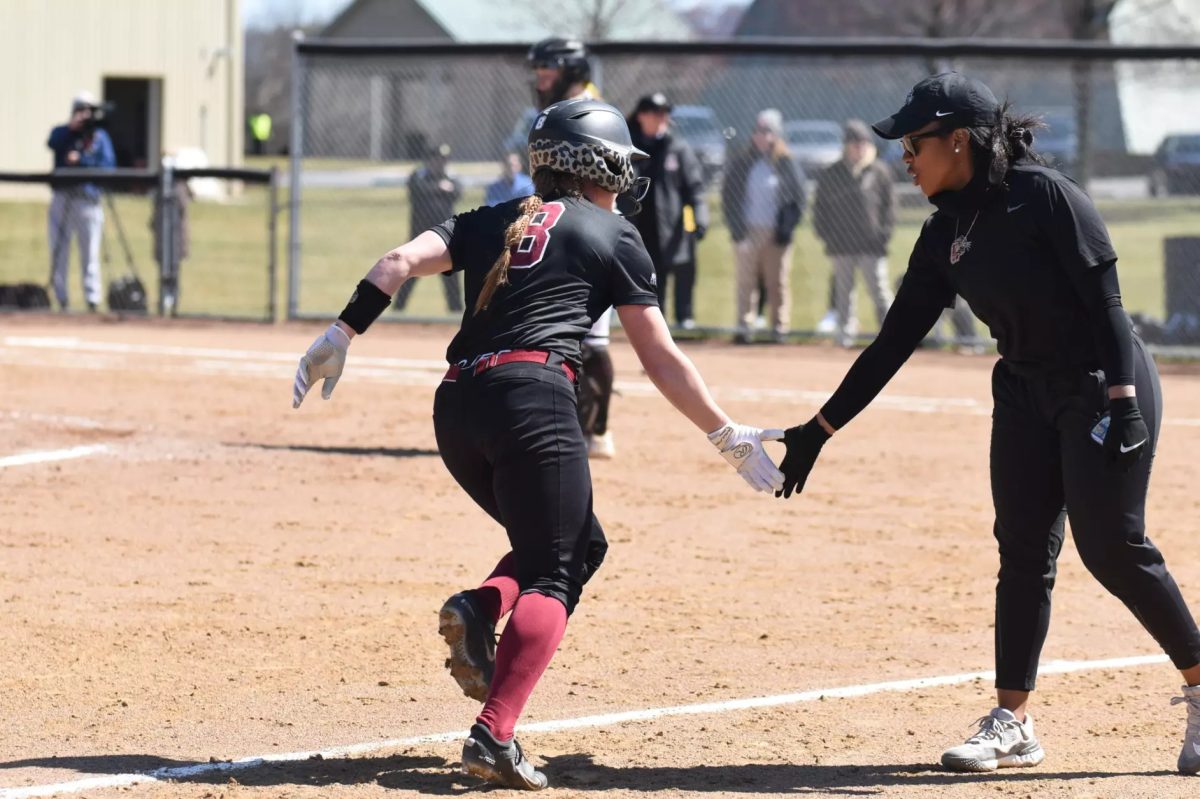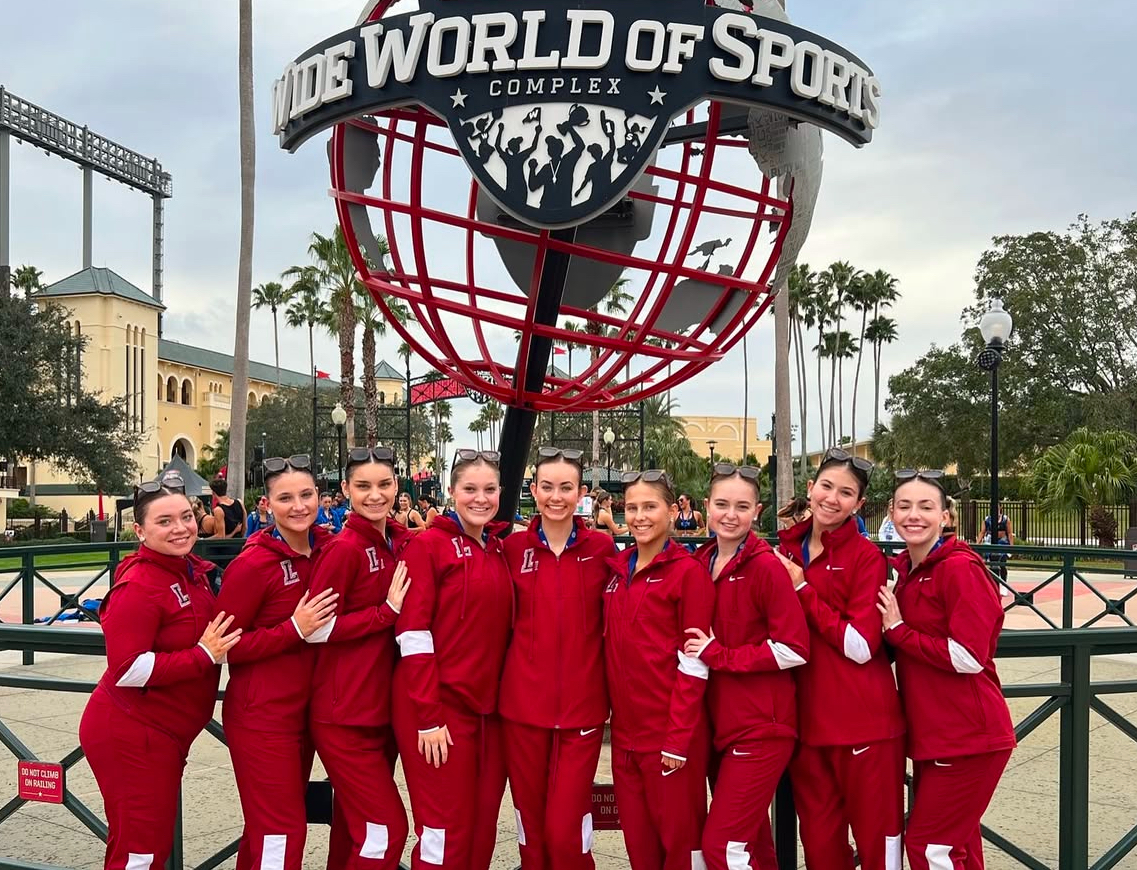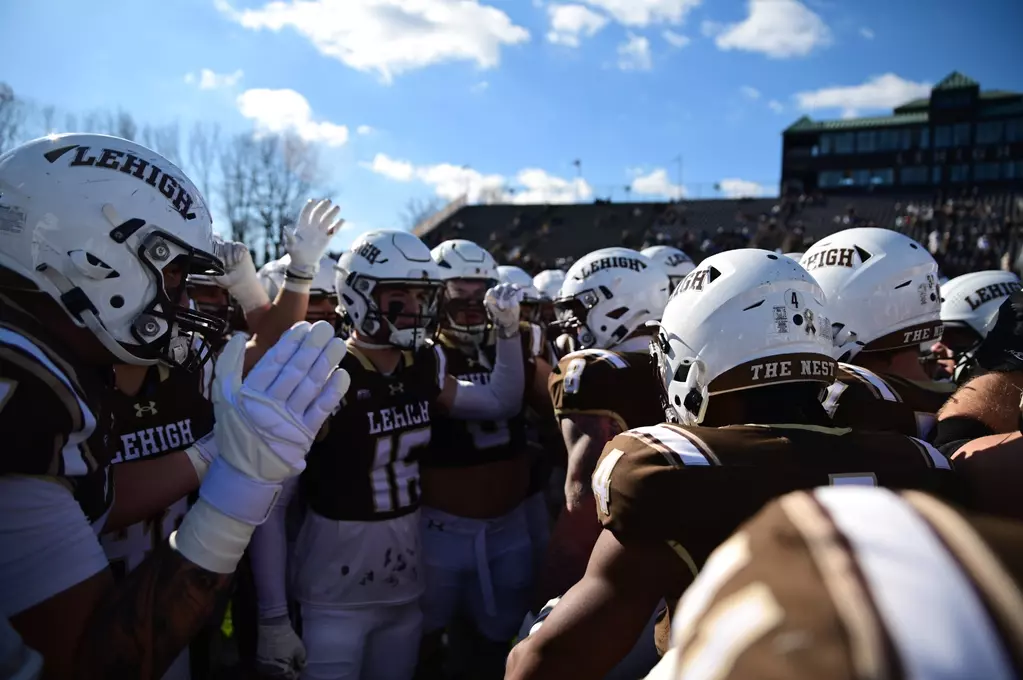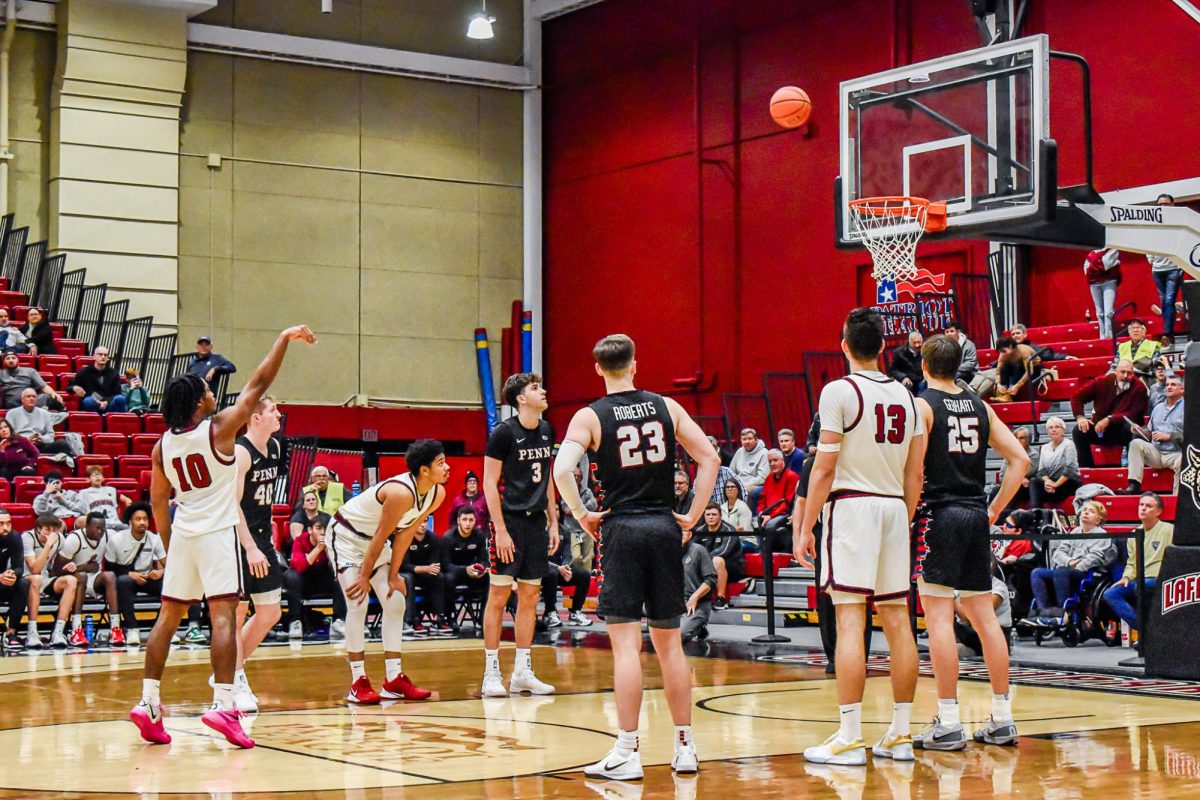“I smashed last night!”
“Oh you got the kill? Damn, how was it?”
“I tapped that ass! I hit her from the back and had her screaming.”
To some, it may be hard to believe that this language is said so casually among friends. Specifically, among the male students of Lafayette College. While no population can be generalized to such an extent, I have been a part of conversations of this nature with my male friends.
I cringe when I hear the words “smash,” “kill,” and “hit” said so boldly in a sentence pertaining to a sexual experience with a woman. Does she know the nature in which he speaks of her? Would she cringe too?
Lafayette’s campus, as I have seen in my short time here, is a place with constant movement, parties and fun. However, there is a darker story that is beginning to unfold.
It is the rhetoric—the sickening language—that we use to speak about our interactions with each other that often goes overlooked. According to The Rape, Abuse, & Incest National Network, 23.1% of undergraduate females and 5.4% of undergraduate men experience rape or sexual abuse in their college experience. For Lafayette, the crime log shows that sexual assaults are happening campus with more brave victims coming out to report it.
As I think back to the noted conversations, those violent words have an entirely new meaning. I do not believe that the men having a casual conversation about the exciting one-night stand understand the implications of this language, but I do believe that if we did not view sex as a violent power-play, we could cut down on the casual ass-grabs at a party or the “occasional” hand-down-the-pants. These things are considered “casual,” but they, in themselves, exhibit the inherent desire for power and control over the partner.
According to the Association for Talent Development, psychology shows us that words contribute to priming our behavior, and due to neuroplasticity, our brains grow based on the experiences we undergo. Words are very much a part of that experience.
If I was to only associate sex to be an action where I must “smash,” get the “kill,” or “tap that ass,” the process would become a senseless game, with the “prey” ultimately dehumanized.
It is this idea of the prideful “body count” that brutalizes the idea of sex. What if sex wasn’t associated with violence? Could it ultimately stop the cat-calls, abrupt grinding and ass slapping that occur at parties? The words suggest that women should be seen as animals to be hunted and slain. They allow parties to become hunting ground for the next hook-up―the next “kill.” If we can change the way we view and discuss sexual interactions, then, quite possibly, sex can become a topic less about violence and more about mutual satisfaction.
Elle Cox is the photo editor of The Lafayette. Views expressed here are her own and do not necessarily represent the views of the editorial staff.


